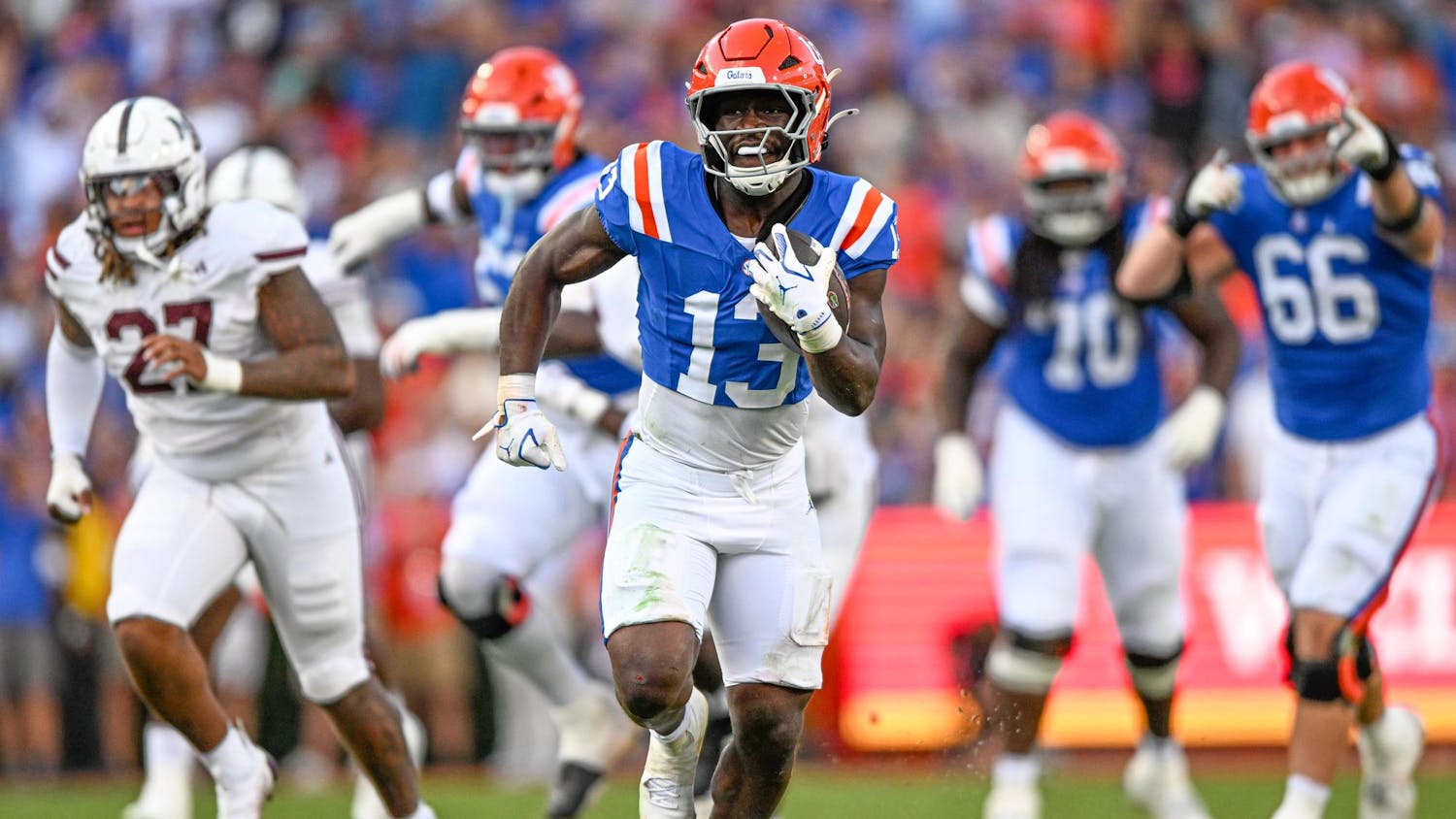After the LSU Tigers defeated Clemson in the College Football Playoff National Championship game, video circulated of what appeared to be a tipsy Odell Beckham Jr. distributing fistfulls of cash to wide receivers Jontre Kirklin and Justin Jefferson, the latter having declared for the NFL draft earlier this week.
LSU officials were under the impression that Beckham Jr. was planning to hand out “novelty bills” Monday night, according to a statement issued by the school. However, between the video footage and quarterback Joe Burrow’s unabashed admission of the currency’s legitimacy on Barstool Sports' Pardon My Take podcast, the university decided that getting in touch with the NCAA and SEC to rectify the situation was in its best interest and promptly did so.
Now, this column is not an investigation into “Odell-cash gate,” as the interaction has been affectionately dubbed. Nor do I aim to gauge how inebriated Beckham happened to be when the video was taken or when he slapped a Superdome security guard’s backside (which resulted in the New Orleans police department issuing an arrest warrant for the NFL star receiver) — even though it looked like he had a grand ol’ time while back in the Bayou. But instead, if he did (or was as gone as he seemed to be), what’s the big deal?
Schools, conferences and television benefactors make millions of dollars off college students every year. The University of Florida’s Athletic Association reported a net position of $156 million in 2018. Only $14.5 million were spent on scholarships for student-athletes that year.
According to the NCAA, fewer than two percent of college athletes go on to play professional sports. For many, college is their four-year window to play the sport they love at an elite level.
So while the NCAA argues that student-athletes are “compensated” for their image, likeness and peak years of their lives with a free (or discounted) education, the disparity between the revenue these institutions make and this compensation is far too great.
While I am aware of the fact that the nitty-gritty details of paying players are far beyond my comprehension and understanding, I still, nonetheless, want to propose a reasonable framework:
Upon signing, players should receive a trust from the university of their enrollment. Every year that they stay in school, more money gets put into that trust. In the event of a career-ending injury, all of the money that had been placed into the trust up to that point should be released to the athlete, so they can still pay to finish school should they lose their scholarship.
If the athlete decides to forgo their eligibility for professional opportunities, like the NFL and NBA Draft or a sponsorship deal, their trust will be forfeited and recycled by the university into other student-athlete funds. If the student-athlete is able to remain healthy for the entirety of their collegiate career and decides to stay in school to graduate, they will be awarded all of the money their fund has accumulated over the previous four years.
As a college student, I know that I would make inept financial decisions if I received the kind of salary collegiate athletes deserve. Between the innate immaturity that comes with being an 18- to 23-year-old and the struggles of finding your people — the right people — in college, it is likely that anyone would blow through all of their hard-earned money on trivial things or temporary friends.
It is also likely that they would be overcome with regret if they were unable to land an NFL- or NBA-level contract and dig themselves out of that hole.
So when I suggest that players be properly compensated after the fact, it is meant to have been a thoughtful suggestion rather than a dismissive one.
Regardless, the system currently in place is not cutting it. Whether proper compensation looks like the trust plan I outlined or even a percentage of merchandise revenue as a stipend, something has to give.
Follow Payton on Twitter @petitus25 and contact her at ptitus@alligator.org.

Payton is a sophomore journalism major from Jacksonville, Florida. She is The Alligator's Spring 2021 digital managing editor. Her previous roles include softball beat writer, football beat writer and online sports editor.





